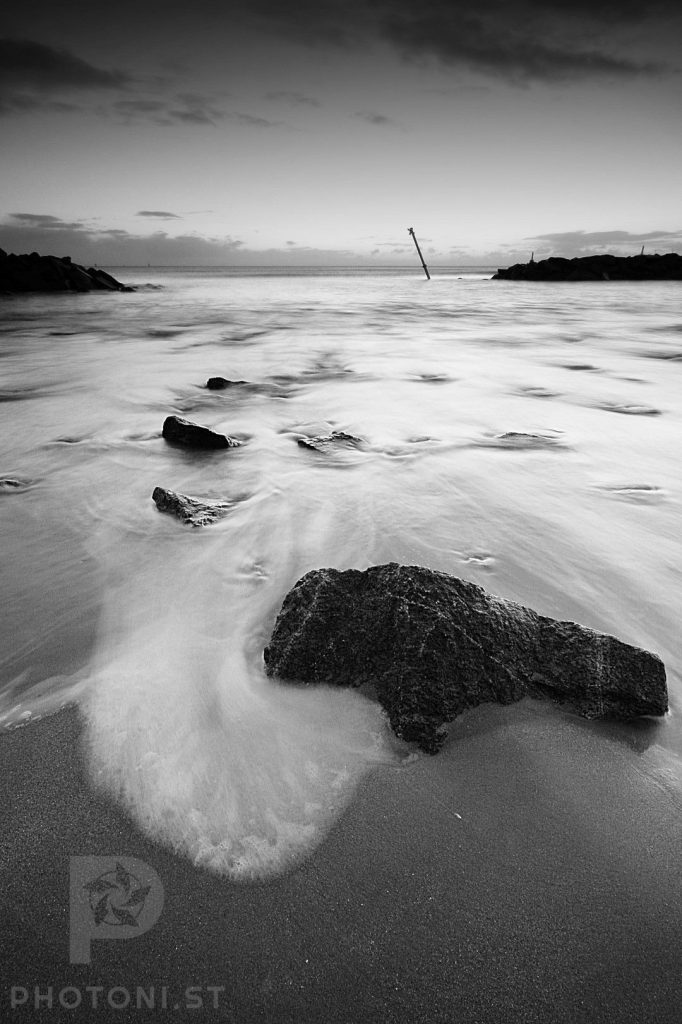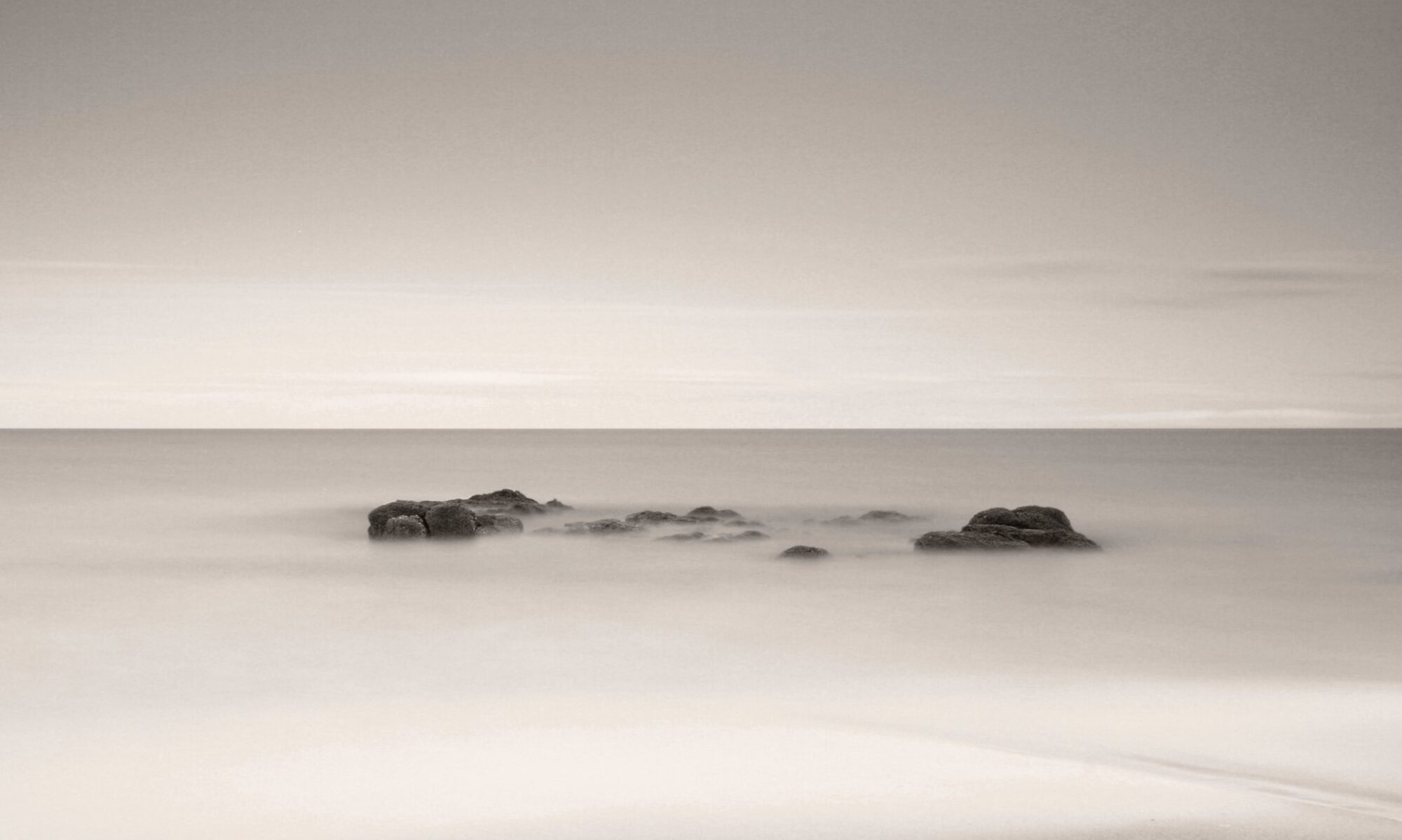Most great photographers are said to have a style. Something that instantly identifies their photographs as theirs to the initiated (think Ansel Adams, Cartier-Bresson, Moriyama). But is it something you need to pursue?

Firstly, I think it’s important to define what style is and what it represents: a photography style is a distinctive and (mostly) consistent approach to creating images that reflects a photographer’s personal vision, technical choices, and artistic sensibilities. It’s essentially your visual signature or voice, expressed through your photography.
A photography style encompasses several elements:
- Technical aspects: Your preferences for camera settings (aperture, shutter speed, ISO), lens choices, lighting techniques, and post-processing flow.
- Visual characteristics: The recurring aesthetic qualities in your work such as color palette, contrast, composition patterns, depth of field, and exposure choices.
- Subject matter: The themes, people, places, or objects you’re drawn to photograph repeatedly.
- Mood and emotion: The feelings your images tend to evoke, whether dramatic, peaceful, energetic, minimalist, etc.
- Conceptual approach: The ideas, messages, or stories you aim to communicate through your images.
One’s style may cover one or more, or all those concepts.
Secondly, it’s important to understand that style is not a goal in itself. It won’t make you better and won’t make you more successful. It simply creates a shortcut that enables you to channel your expression and, as a consequence, allows others to recognise your work faster.
Your style isn’t what you should aim to show the viewer. What you aim to show through your photography are your feelings, your interests, or your opinion. That message is the goal of your photography. The style is in the form used to express those things and is secondary.
There is no reason why you absolutely need to have a personal style. some photographers are successful, even though you might not identify their style instantly (e.g. Dennis Morris, even though you most definitely know his photos). Others have changed style many times in the span of their career, making them chameleons of photography (e.g. Nick Brandt).
So if you don’t have a style, it’s not a deal breaker. Greatness and style are purely orthogonal concepts: you can be great without a consistent style, or have a style without being very good.
Thirdly, having a well-defined photography style doesn’t develop overnight. A style is a side effect of (intense) practice. Many photographers find that their style emerges naturally, organically, nearly, over time as they discover what resonates with their personal vision and artistic goals.
One day, you just look at your catalogue of photos and you discover obvious patterns. It’s just there in plain sight. You just never saw it before.
Not that I’m a great photographer by any means, but for me it took several years of obsessive photography in a single domain (landscapes) to discover what is natural, what makes me tick, and how I like to compose my shots the most. I didn’t set off to create a style, it just happened over a long period of style. The style was already there when I saw it.
Your style can become both your artistic identity and, potentially, your professional trademark that makes your work instantly recognisable to viewers. If it’s there.
Finally, your style in a domain doesn’t necessarily transpose to another. The style you develop for landscapes most likely won’t work for portraits or street photography. So, if you change domain because your interest shifts over time, you’ll most likely develop a new style that applies to that domain.
In the end, having a photographic style or not doesn’t matter. Rather than actively pursuing style, focus on consistently creating images that matter to you. Photograph what fascinates you, experiment with techniques that intrigue you, and process your images in ways that feel authentic to your vision.
With time and dedicated practice, your unique photographic voice will naturally emerge. Not as a contrived persona, but as a genuine reflection of how you see and interpret the world through your lens.
#Photography #Opinion #IMayBeWrong #Theory #PhotographyTheory

